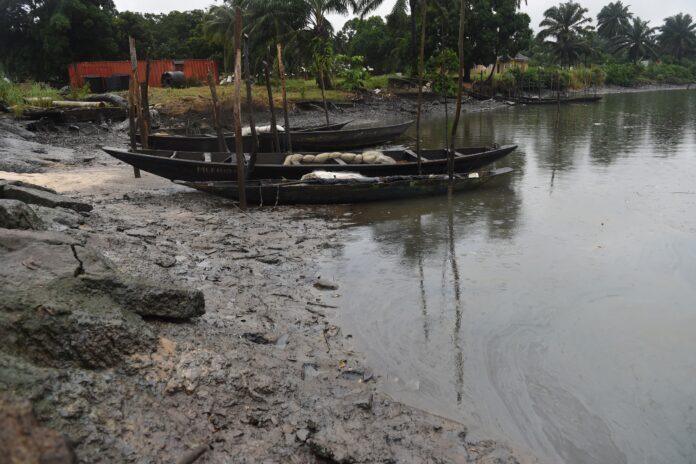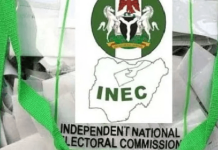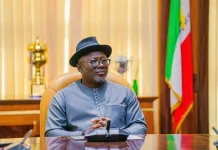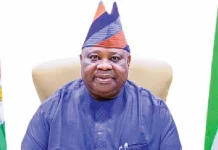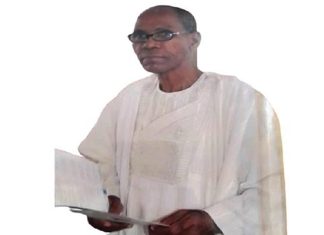The federal government’s most recent proposal to begin oil drilling in Ogoniland has been met with considerable opposition from the Ogoni Voice Achievers Foundation (OVAF), a well-known advocacy organization in the Niger Delta. In order to address long-standing environmental and social injustices, such as the completion of a thorough cleanup of the area and the long-awaited exoneration of the late Ken Saro-Wiwa and other Ogoni activists who were executed in 1995, the group maintains that no exploration or drilling should start.
Gospel Barifii Gokana, the organization’s founder and chairman of the board of trustees, said in a statement that the government’s decision was “deeply flawed, unjust, and unacceptable.” The proposal, according to Gokana, disregards the terrible effects that decades of oil exploitation have already had on Ogoni communities, including the destruction of livelihoods and the extensive pollution of farms and rivers. He cautioned that continuing without making amends for these past wrongs might rekindle animosity, intensify social discontent, and perhaps spark new hostilities in the area.
According to reports, the federal administration has used the country’s pressing need for economic recovery and increased energy security as justification for its proposal to resume oil operations. The Ogoni people cannot continue to bear the cost of Nigeria’s revenue demands when their ecology and health are in ruins, according to OVAF, which vehemently disagrees with this justification. Gokana pointed out that justice for the communities who have suffered the most from oil exploitation must coexist with the nation’s true recovery.
The absence of serious consultation with the Ogoni people is one of the group’s main concerns. Gokana said that only a small number of government representatives had participated in “closed-door negotiations,” a practice that he claimed did not adhere to the international human rights law-recognized concept of “free, prior, and informed consent.” He maintained that “this selective engagement cannot be considered legitimate or representative.” Instead of symbolic meetings with carefully chosen people, the Ogoni people should have an inclusive, transparent, and open approach.
In addition to consultation, OVAF criticized the decision-making process’s “absence of transparency.” According to the statement, officials made important decisions from offices in Abuja without really understanding the severe wounds that years of neglect, pollution, and brutal repression had left on Ogoni villages. The group claims that disregarding the opinions of those who are directly impacted erodes confidence and runs the risk of intensifying the feeling of exclusion that has long stoked hostilities in the Niger Delta.
OVAF reaffirmed that its stance is against injustice rather than against development or national advancement. The organization underlined that finishing the cleanup of Ogoniland as advised by the UN, obtaining justice for previous victims, and making sure that any future plans are based on the full participation and agreement of the Ogoni people are the first steps towards a viable future.
“Decline, justice, and the right to a safe environment have always been at the heart of the Ogoni struggle,” Gokana said. “Any attempt to resume oil exploration in Ogoniland will remain illegitimate and unacceptable until those rights are respected.”
Join Television Nigerian Whatsapp Now
Join Television Nigerian Facebook Now
Join Television Nigerian Twitter Now
Join Television Nigerian YouTUbe Now

